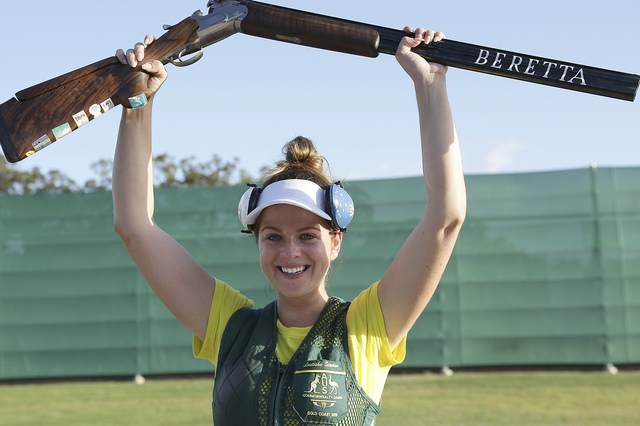The late Jack Johnson was the author of When The Clock Strikes, a fascinating account of growing up in Dandenong, his years tending to the city’s pipes and drains as a plumber and bringing up a family with wife Frances in their beloved home in Macpherson Street.
Old Patto’s Hay and Grain Store, opposite the Albion Hotel in Lonsdale Street, was another of those magical shops of our childhood.
If entering from the back of the store, the minute you slipped through the old post and rail fence on McCrae Street and walked across the horse paddock onto the gravel track that circled under the high roofed loading dock and past the outside sheds and stables, you were in another world.
The ancient cast-iron framed galvanised iron water trough stood between the two ironbark posts that supported the outside edge of the high loading dock roof.
Those posts were seven inch square hand adzed ironbark.
That dark, straight and close grained Australian hardwood could not have been more perfect had it been dressed by one of today’s tungsten-bladed mechanical thicknessers.
The bottom six or seven feet of the posts, that went directly into the ground, were as if they had been French polished by the horses, Nugget, Charlie and Bess, and by the wagon loads of baled straw and bags of chaff rubbing against them.
When we got to the loading dock at the back of the hay and grain store we climbed three or four ladder-like steps to the heavy planked deck of the loading bay and waited for Murph’s dad to open the huge corrugated iron and timber sliding door.
It ran on rollers and was almost like a sliding wall.
When he rolled it back it looked like a large corrugated iron curtain opening to expose a stage.
Except the loading dock platform was not our stage.
Our stage was the central section of a high-roofed storeroom which led to the back door of the Lonsdale Street shop.
This storeroom was stacked on each side, right up to the exposed rafters, with bags of chaff, wheat, oats, seed potatoes, bran, pollard, bales of Lucerne hay and many bags of various seeds.
There were seeds like beans, peas, maize, millet, linseed and many types of grass seed.
Once we entered this store, the sight, the smells and the atmosphere of those horse-drawn transport days and the country atmosphere of our little market town of Dandenong became lasting memories long after those things vanished into a progressive 20th century.
As this shop was originally a seed merchant’s, there was still a large sign outside on the front wall of the shop above the verandah.
The ironbark plank floor, which connected with the Baltic pine floor of the front shop, was polished like a dance floor from all the years of dragging bags and bales across its surface.
When we were older and went to our first dances and balls at the town hall, the memorial hall, the drill hall and the scout hall, the progressive barn dance was one of our favourites.
It was from the early dances which took place in barns, on that sort of floor, where the dance got its name.







